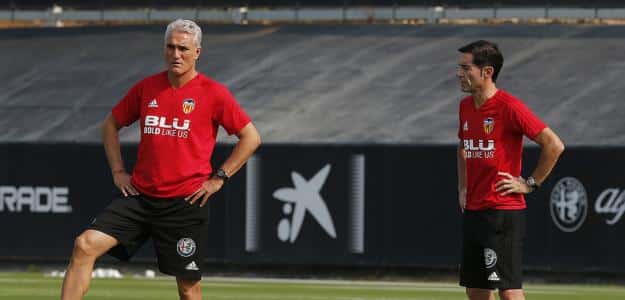It is very important to understand and know the difference between the roles of the head coach and assistant coach in each team. While both must be prepared and capable for all individual situations (something necessary for all leaders), they are also a team that should complement each other to get the best out of their players, in every training session and game.
Is everyone ready to be a head coach? Which characteristics must they have? What about the assistant coach?
These are common questions that a coach may ask themselves on a daily basis. This is especially more apparent when an opportunity has arisen for the assistant coach to be promoted as the head coach.
Normally, we associate the head coach as being more of a stricter personality type and having more leadership responsibilities, in comparison to the assistant. The general view is that they are a person with authority and respect in relation to the whole staff and they should not show any weakness.
Which characteristics are mandatory for a head coach to be successful?
The head coach should demonstrate qualities such as being proactive, courageous, critical, and self-critical, reflective, consistent, positive, a leader, delegating, confident (both in themselves and when communicating with the team) and resourceful in offering solutions to the team (linked to credibility).
It is also important that they are aware and take into account that they alone cannot cover all the situations of team management at a personal and football level. To achieve this, they also have to know themselves and, based on this, try to find a complement to their needs, balancing their weaknesses and strengthening their potential. Who offers this? The figure of the assistant coach.
Close or distant person?
Everything is related, as we have mentioned before, to being a complement – a complement that improves the needs of the group. This must be a person who constantly analyzes how the group is (every year it varies and what worked before may not work now) and what kind of relationship/communication the coach has with them. This avoids the coach repeating the roles.
Through our perspective, we find two points that we believe are important for optimal performance, taking into consideration the typical profile of the head coach (although there are cases where the profiles are reversed)
- Person close to the players.
Players often have doubts, both in their positioning on the field (if they are correctly doing what is asked of them from the coaching staff) and personal situations that are affecting their performance. At times, there may be a fear to ask the head coach, either because of a reprisal or due to a lack of confidence. It is in moments like these when the assistant coach can be most effective. In their role, they can detect these situations and try to improve the individual player or the team.
- Person who brings a different perspective
They should not agree with all the approaches suggested by the head coach. They must be reflective and transmit confidence. Furthermore, they should convey respect and humility without dismissing all the thoughts of the head coach. Their objective is to simply give a different point of view in order to seek other better options.






